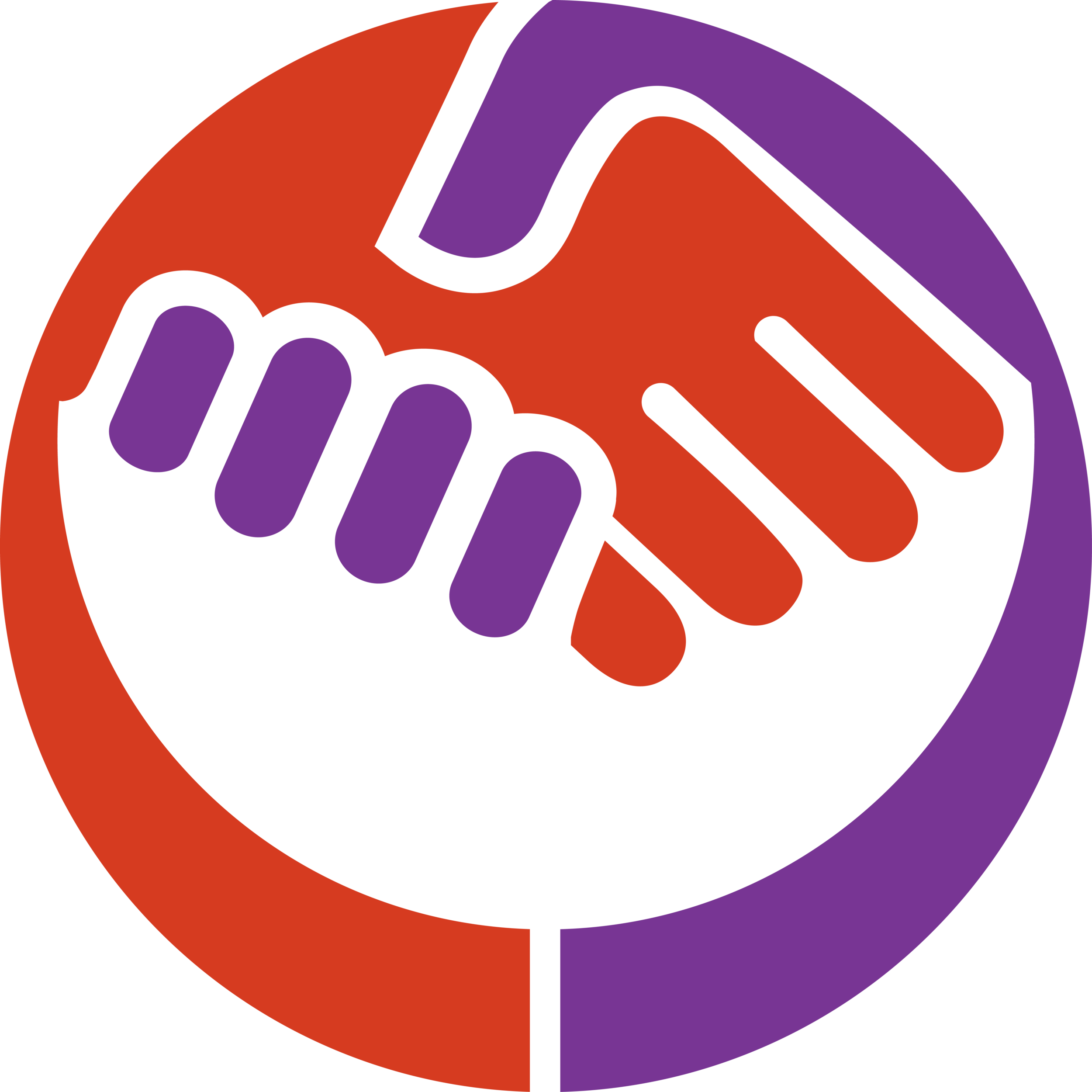It's important for you to know the risks before you head out to party. For updated information on drug laws in NSW check out this new fact sheet, valid at February 2020:
Drug Law in NSW - Myths and Realities
Mardi Gras's event policy makes it clear that drugs should not be consumed at their parties and that guests will be asked to leave if they are drunk or out of it.
The following drugs are illegal in Australia. Federal and state laws provide penalties for possessing, using, making or selling them, or driving under their influence.
Cannabis, including some synthetic cannabinoids
Crystal Meth (methamphetamine hydrochloride)
Cocaine
Ecstasy (MDMA)
GHB (gamma hydroxybutyrate)
Heroin
LSD (lysergic acid diethylamide)
PCP (phencyclidine).
What can the police do if I am drunk or out of it?
Police have the power to pick you up if you are intoxicated (on alcohol or any other drug) and behaving in a disorderly manner or need physical protection because of your intoxication.
Police may take you home or place you in the care of a responsible person (such as a friend or relative). If necessary, police may detain you at a police station while finding a responsible person. If no responsible person can be found, police may detain you until you are no longer intoxicated. Reasonable restraint may be used to ensure that you do not injure anyone (including yourself) or damage property.
Unless you commit an offence, you will not be charged or fingerprinted. The police are meant to keep intoxicated persons separate from people detained for criminal offences. Juveniles must be kept separate from adults.
There are several drugs offences in NSW, including:
Possession of a prohibited drug - To be in possession of a drug, it has to be in your custody or control, and you must know about it. Max. penalty: $2,200 fine and/or 2 years jail If dealt with by a court under a court attendance notice, or $400 if dealt with by way of a penalty notice
Self-administration of a prohibited drug - Max. penalty: $2,200 fine and/or 2 years jail. (Note that it is NSW Police policy not to charge people with self-administration after a non-fatal overdose).
Possession of equipment for self-administration of a prohibited drug - Max. penalty: $2,200 fine and/or 2 years jail. (Note: it is not an offence to possess a syringe)
Possession of prescription drugs – The prescription drugs must not have been prescribed to you. Max. penalty: $2,200 fine and/or 2 years jail.
I want to find more information about drugs laws
If you'd like more detailed information, Redfern Legal Centre have produced The Law Handbook which outlines the law, offences, and charges.
You can view the chapter on Drug Offences here.
Disclaimer: This information is only intended as a guide to the law and should not be used as a substitute for legal advice. If you have any further questions we strongly suggest you seek legal advice.
Note: This information applies to people who live in, or are affected by, the law as it applies in the State of New South Wales, Australia.

